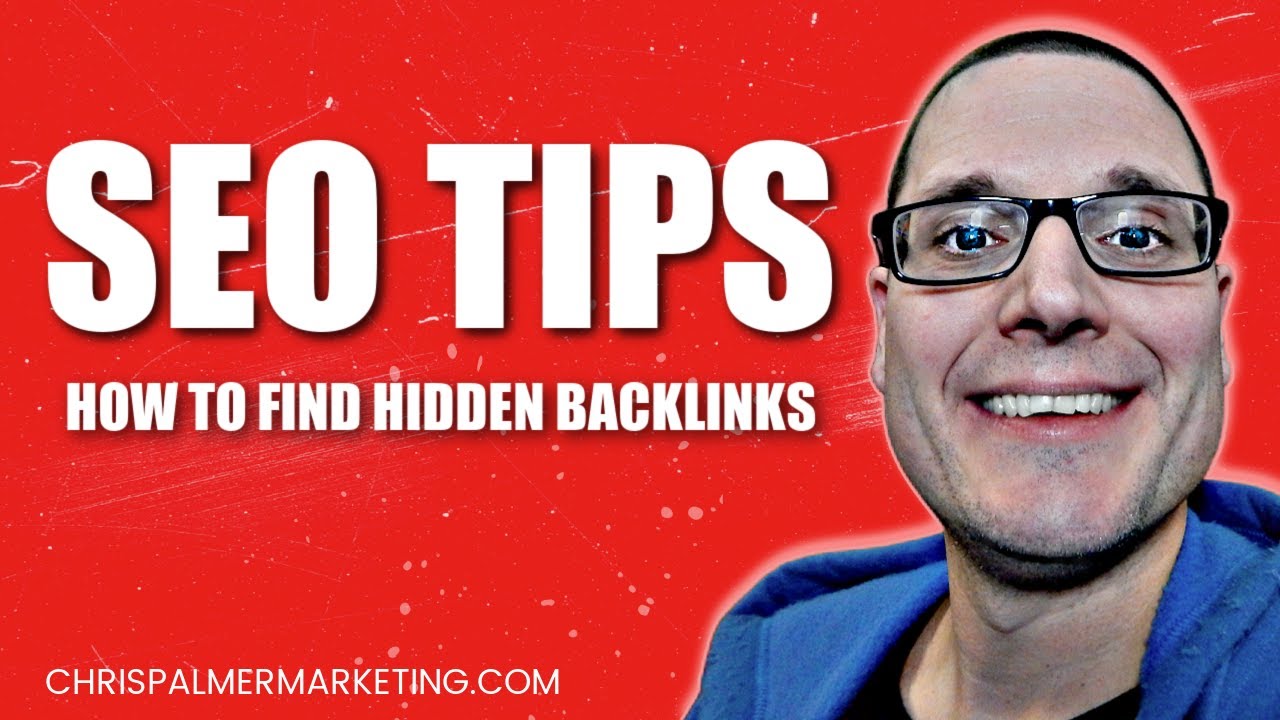
Does broken link building (still) work?
Broken link building is the second most popular link building tactic to generate backlinks. But numerous people have hated on this tactic. Rand Fishkin said: "Broken link building still works? And it's the second-most popular link-building tactic?!?".
I ran a new broken link building campaign to see if it still works today. In total, we sent 74 emails, 4 bounced, 5 people replied, and 1 person linked.
I was curious to see if broken link building still works today. And if it doesn't, then I felt responsible to share transparently. So just a couple months ago, I ran a new broken link building campaign to see if broken link building still works today. And the page I tried to build links off of was from Google.
I know that some of you are here just for the campaign stats. So here they are:
In total, we sent 74 emails, 4 bounced, 5 people replied, and just 1 person linked. That gives us a conversion rate of 1.4% on deliverable emails.
Now, you might have already concluded that broken link building doesn't work. But in order to come to a more reasonable conclusion we need to go back in time to set some context.
So I was looking through our blog's broken outbound links in Ahrefs and saw that our link to Google's Mobile Friendly tool was broken. I clicked the link and sure enough, it was broken. I went to the Ahrefs Overview report and realized the page had over 2,700 referring domains. And looking at the Organic Traffic Graph, it looks like they 404'd this page on the /search-console/ subfolder in 2017. But they didn't discontinue the tool. For whatever reason, they didn't redirect it to the live version that lives on the /test/ subfolder. Now, we don't have a mobile friendly test tool. But Google has an API so you can basically create your own.
So naturally, I thought -- why not create our own mobile friendly tool, reach out to as many qualified people linking to the dead page and build some links of our own. After all, a free mobile-friendly tool would be completely relevant to our site and a good way to encourage people to sign up for Ahrefs Webmaster Tools, where people can run website audits for free.
I was introduced to Max Prin, who's a technical SEO at Merkle and asked him if I could try a broken link building campaign for his company's mobile friendly test. And their tool in my opinion is much better than Google's because there's no captchas, you can bulk test URLs, and it's exportable. So I thought it made a whole lot of sense. He agreed and so it began.
Now, because the purpose of this experiment was to gauge how well broken link building works today, I didn't want to spend too much time on vetting pages, finding emails, and sending emails to potentially thousands of people. So I created something that I call a blitz list.
The purpose of a blitz list is to quickly come up with a list of vetted prospects in as short a time as possible.
And if the campaign converts links at a decent rate, then it's justifiable to go through the more monotonous work of finding emails, personalizing pitches etc. And to give you an idea of effectiveness, it took me less than 2 hours to send 74 personalized emails to highly qualified prospects from start to finish.
In my opinion, that's pretty fast and it could have been shortened if I had left out one key part of the personalization which I'll get to in a bit. So let's talk about creating a blitz list.
To get started, I exported all backlinks in Site Explorer that were pointing at Google's broken mobile friendly URL. And then I imported them into Google Sheets. Now, with over 2,800 pages, I did a few things to quickly disqualify some pages.
And then a screenshot, which is that personalization part that extended the time when creating my blitz list. Now, the reason why I added the screenshot is because in 2018 when I had run 2 different broken link building campaigns, screenshots in outreach emails gave me a solid boost in conversions.
Now, as I was reflecting on this experiment, there were a few things that I think contributed to a pretty much failed link building campaign.
#1. These emails were being sent to people in the SEO and digital marketing space.
And if we're being honest, no one likes to receive an email saying that they have a broken link. Everyone has them and most people just don't care enough to fix them. None of the successful broken link building campaigns I've run in the past were remotely related to SEO or digital marketing. So if you're in a different niche where SEOs aren't the ones receiving the email, then it might be worth trying.
#2. Unlike a typical broken link where there is no alternative page from the same site, Google's Mobile Friendly tool wasn't discontinued.
They literally made a simple error by not redirecting the old URL to the new one. Now, had they killed that tool, then the pitch would have been different and I think we might have had a few more links from this campaign.
#3. We started the email off with "was digging through Ahrefs."
Now, Ahrefs is generally regarded as the #1 backlink checking tool. So anyone who's familiar with our brand would have immediately known that we were after a link from the first four words of our email. Probably not a good way to start.
And #4. No follow up emails were sent.
In my last successful broken link building campaign, I used the psychological principle of the rule of reciprocity in my follow-up. Basically, I told them I wanted to share their post on one of my Pinterest boards that's a) relevant to their post, and b) has over 30,000 followers -- no strings attached. But if they had other content that they wanted amplified, just respond and tell me. And not so surprisingly a lot of people responded with suggestions and also confirmation of newly added links. Again, the purpose of this campaign wasn't to try and convert as many links as possible. I just wanted to gauge how people generally respond to emails like this.
Now, is the conclusion here that Sam Oh is not a very good link builder and he's just making excuses?
Maybe…
Or is it that broken link building doesn't work?
Maybe…
The thing is, there is no real conclusion to this. Link building tactics are just streamlined ways of finding link prospects and having some kind of skeleton for your outreach email.
But if you think about it, almost no well-known tactic contains a good reason for contact and a good reason for them to link to you out of the box. And these are the two key parts of getting backlinks.
For example, with broken link building your reason for contact is because they have a broken link on their page. And the most common justification for them to link to you is because you have a live page on a similar topic. Both parts of your outreach are weak.
Now, for something like the Skyscraper Technique, your pitch in a nutshell would be "you linked to this page, I have a better page." This pitch is equally or perhaps even weaker than broken link building.
So to say that broken link building doesn't work but skyscraper link building or [insert your tactic] link building does, is too general of a statement.
In my opinion, successful link building is going to come down to a strong pitch, which requires strong content and a strong value proposition. And the actual documented tactics themselves are more ways to find prospects and potentially start a conversation.
So as this world of link building becomes more and more about reciprocal value, we as SEOs need to rethink the way we approach how we build links. You can go route A, which means you have deep pockets to pay for links or maybe you have a strong website where people will want to do a link exchange with you. Or maybe you're like us and want to go down route B -- where we want to actually earn backlinks based on the quality of our content and tools. That's going to require a great product, content, and some creativity to amplify your content.
In my completely biased opinion, route B is the way to go. You won't need to be paranoid of getting caught by the Google police. Plus, it's actually a lot of fun.
So I'll leave you with this final thought: Link building is hard and that's a good thing.
This is a summarized version of the transcripted YouTube video, courtesy of Ahrefs


